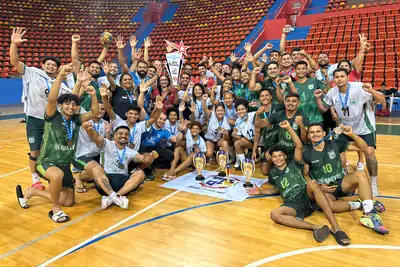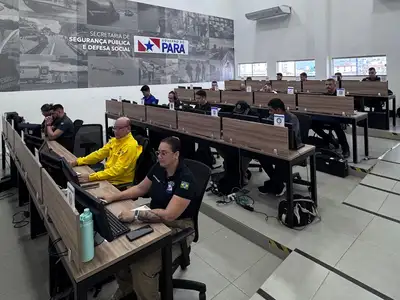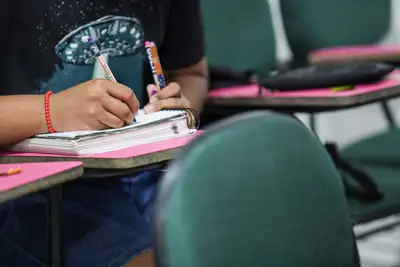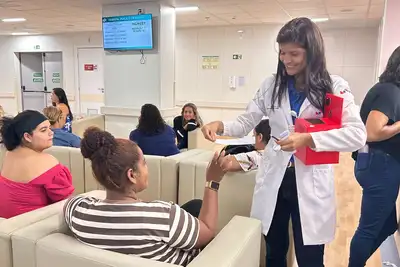Families in Piçarra achieve the dream of home ownership
The government of Pará guarantees housing benefits that ensure dignified housing for families in Piçarra, in the Carajás region

"My house was made of wood, it was bad, it rained a lot inside, it was a nightmare. Now I have it all in brick, there are still some things missing that I will fix, for sure, but the difference is already huge, this help changed my life for the better." This testimony is from housewife Raimunda Martins dos Santos, who lives in Piçarra, more than 700 kilometers from the capital of Pará, Belém.
In the Carajás Integration region, Raimunda Santos was one of the beneficiaries of the two phases of the Sua Casa Housing Program, one of the largest housing programs in Brazil aimed at combating the housing deficit. The initiative has already benefited more than 120,000 families throughout Pará, from 2019 to 2025.
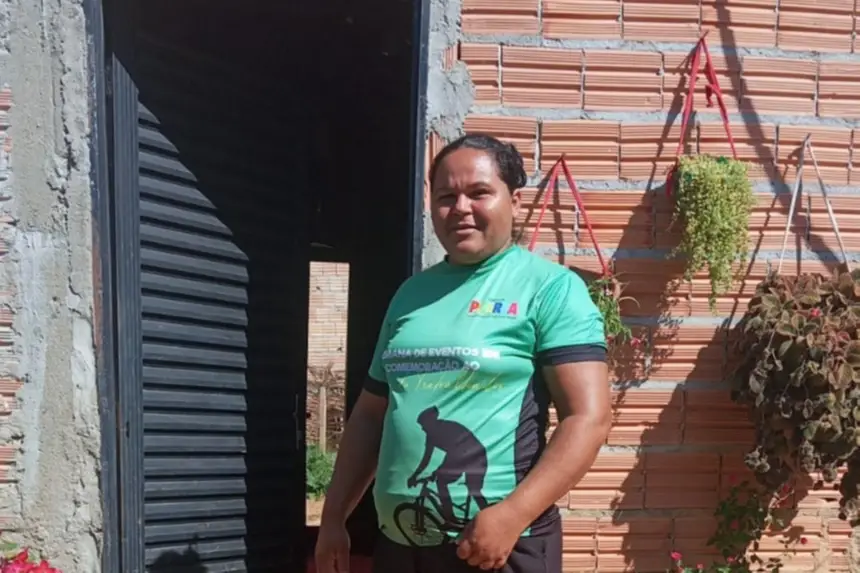
In Piçarra, a municipality with about 12,000 inhabitants, according to the Brazilian Institute of Geography and Statistics - IBGE/2022, the 'Sua Casa' program created by Governor Helder Barbalho has already made the dream of home ownership a reality for 537 families. Throughout the Carajás Integration region, more than 10,600 families have benefited from the program.
For Manoel Pioneiro, the president of the Pará Housing Company (Cohab/Pará), the managing body of the program, the initiative fulfills its social objective, "benefiting municipalities in the metropolitan region of Belém, but also reaching other municipalities in Pará located in all regions of Integration of Pará, bringing dignified housing to those who need it most," he says.
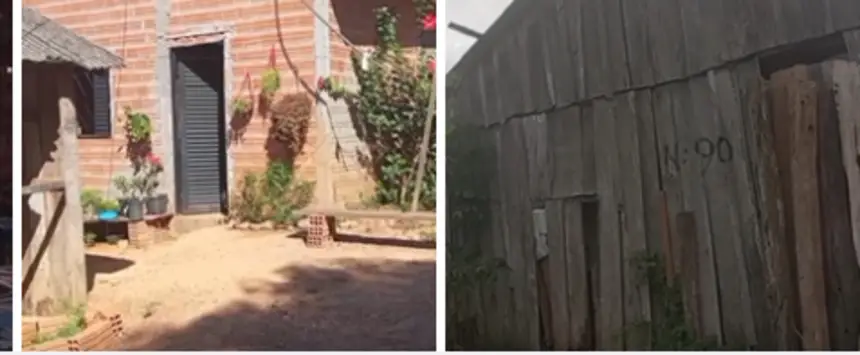
Intended for the construction, renovation, expansion, improvement, or adaptation of housing units, the Sua Casa government program provides two benefits: Assistance for the acquisition of materials to be used in the construction, renovation, expansion, improvement, or adaptation of the housing unit, and monetary assistance for hiring labor to carry out the service to improve the quality of life of the population. The assistance can reach up to R$21,000, and is a donation from the State Government.



